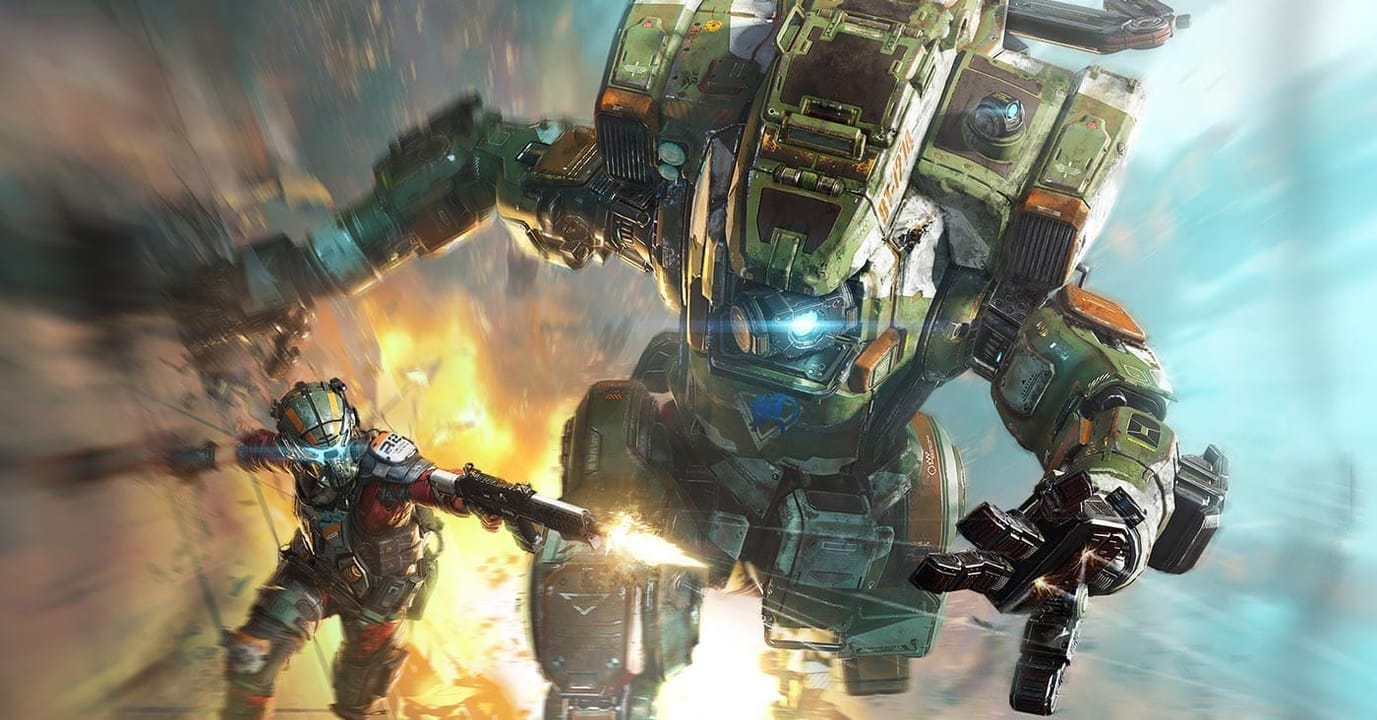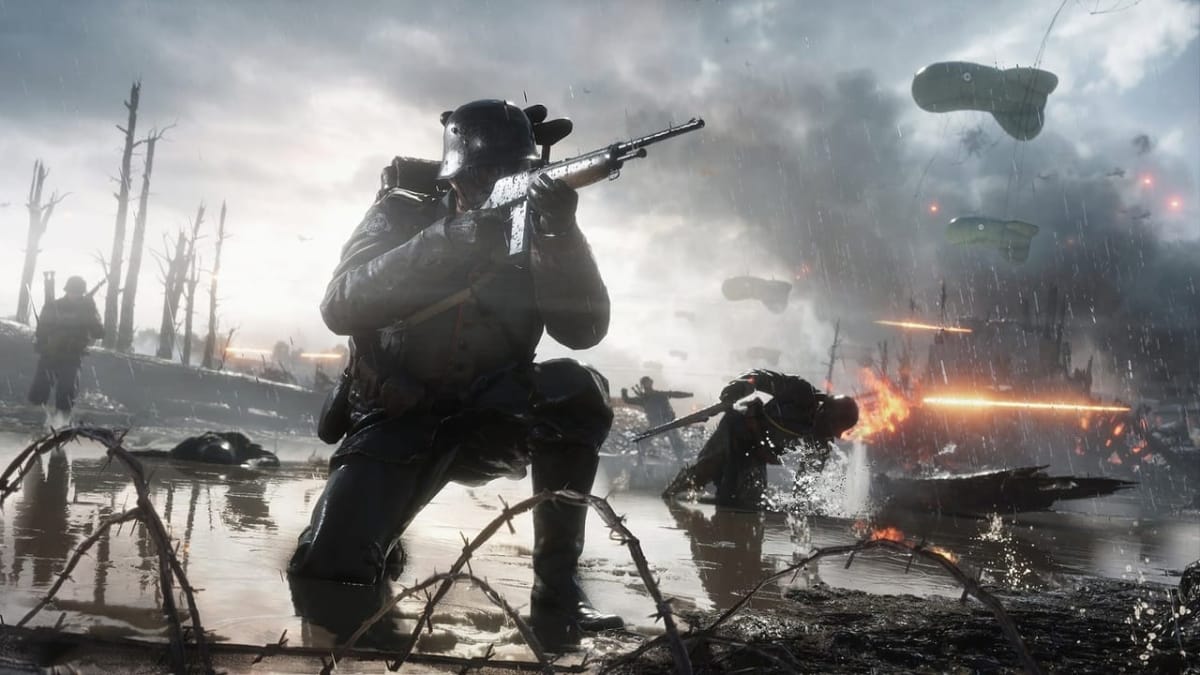Among the vast sea of video game developers and publishers, there are few that were hated as much as Electronics Arts was (or is). On at least one occasion, the company was voted to be the worst company in the world, beating out other companies such as BP (oil spills and ecological disasters, anyone?) and Bank of America (recession, 'nuff said). Granted, such a reception is a bit extreme (and a bit biased, given the online format of the poll), but there was some merit to the perception that EA was the devil. A large number of once beloved franchises and developers were "destroyed" by EA, the games that they were publishing/developing had been of decidedly average quality, and DLCs had become so prevalent in EA games that most cynical people pretty much expected their game to be "half-finished" upon purchase.
Despite such a poor public image however, Battlefield 1 has (by most accounts) been selling like hotcakes, with both critic and user reviews on Metacritic (and other sites like Reddit) almost universally praising the game. Compared to the reception that Star Wars Battlefront received, this is rather surprising, especially given how you can easily (though somewhat misleadingly) claim that they are both unfinished games on the account of their DLCs. Of course, that's not to say that Battlefield 1 is a bad game in and of itself and it doesn't deserve its success, but this turn of events is somewhat surprising. Sure, you could also say that Battlefield 1 is an anomaly in EA's track record (to be fair, Battlefield games have traditionally been incredibly popular), and that the company is still secretly working to turn everything that it touches into feces, but it seems as though people have either grown to be more mature and realized that EA isn't out to singlehandedly ruin the entire video game industry, or (perhaps even more worryingly) the rest of the industry is getting complacent, so to speak.
In examining EA's turnaround, we should perhaps primarily look at their competition, and there are few competitors that are bigger than Ubisoft. In 2013, Ubisoft was performing very well in regards to its flagship titles, releasing games like Assassin's Creed IV: Black Flag and Far Cry 3: Blood Dragon. That same year, Battlefield 4 released with a whole host of problems (oh look, your game crashed again), Dead Space 3 was released to rather average reviews, and Army of Two: The Devil's Cartel existed. The following year was less of a rout for EA, with both companies releasing hits such as Titanfall, Dragon Age: Inquisition, Far Cry 4, and Child of Light, though one could claim that Ubisoft was slowly losing its edge with how relatively poorly Watch Dogs and Assassin's Creed Unity were received.

However, 2015 seemed to be the turning point for the companies; while the year was relatively uneventful in terms of blockbuster releases, this was the year that likely prompted Ubisoft to reexamine their strategy in regards to releasing an Assassin's Creed game seemingly every couple of months. This year, Ubisoft may have very well soured any goodwill that they had accumulated with The Division, to say nothing of the oddity that is Far Cry: Primal and the underwhelming showing of Ghost Recon: Wildlands at E3. Meanwhile, EA was silently patching Battlefield 4 up to acceptable standards and making sure that games like Unravel and Plants Vs. Zombies: Garden Warfare 2 were of a quality that could be described as above-average. Similarly, Activision has pretty much been in freefall with how Destiny hemorrhaged players over the years and Call of Duty has become the franchise that everyone loves to hate, not to mention the almost complete lack of any other games that the company is widely known for publishing.
Of course, the root cause of this is likely far more complex than can be conveyed in a couple of paragraphs, and it is possible that this is all a set of coincidences, but it does (rather conveniently) mesh with the idea that Ubisoft just decided to rest on their laurels and hope that people buy their games based on them having familiar names. Plus (in a rather ironic twist of fate), the fact that EA is known for having DLC that exists in pre-planned packs may have actually helped them; as much as people may hate map packs that divide the population of multiplayer games, at least you know what you're getting. After all, free content at the cost of microtransactions sounds good in theory, but history has proven that this is so wildly inconsistent that you may as well be gambling; you might get something like Overwatch, which provides free and fairly well-received content every month or so, or you might try something like Destiny, where everything (yes, even the Rise of Iron DLC) seemingly exists for the sole purpose of being a vehicle for more microtransactions.

Naturally, it is hard to say if EA is still continuing their shadier practices in the background, but it definitely seems like the company has turned itself around (from a public standpoint anyways). That's not to say that EA is the new Blizzard or CD Projekt RED, but if the most memorable thing about your competitor's flagship products is that they either got annihilated by negative comments and dislikes on YouTube or that they are suffering from a severe case of "sequel-itis," then even the (former) most hated company on the Internet seems appealing.
Have a tip, or want to point out something we missed? Leave a Comment or e-mail us at tips@techraptor.net













